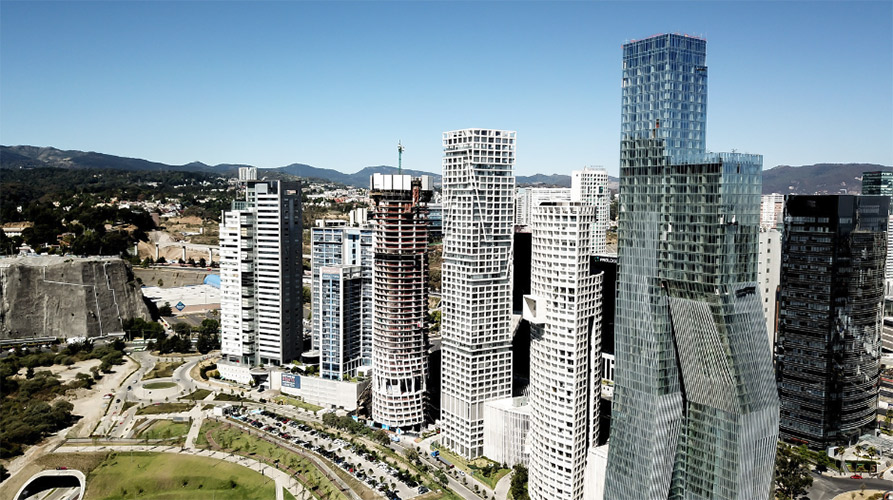On January 6, 2022, the ruling on theUnconstitutionality Action 100/2019, filed onSeptember 9, 2019 by the National Human Rights Commission against various provisions of theNational Law on Asset Forfeiture (the "Law") and resolved by the Plenary of the Supreme Court ofJustice (the “SCJN”) in June 2021, was published in the Official Gazette of the Federation.
The SCJN, in its ruling, although invalidated some ofthe challenged provisions of the Law, the rest still subsist and remains in force. The declarations ofinvalidity formally took effect as of June 22, 2021, the date on which the Federal Congress was notified of the resolutions of the ruling by means of Notices 5024/2021 and 5025/2021, without retroactive effects to previous ongoing proceedings.
Generally speaking, the resolutions adopted by theSCJN with respect to the Unconstitutionality Actionof the Law establish that (i) asset forfeiture only applies to assets whose legitimate origin cannot be proven, element that refers punctually to the origin of the assets and not to their use or destination, as established in the Law; (ii) the action of assetforfeiture proceeds with respect to criminal conducts set forth in federal, general and local laws; (iii) the action of asset forfeiture under no circumstances has unlimited statute of limitations; (iv) the District Attorney may not access databases of other authorities, nor order the securing of assets as a provisional measure, without prior court order; and (v) one of the grounds for the early sale ofassets by the authority that established that thedisposal was necessary due to the “nature of theasset” is removed, since such circumstance was ambiguous and generated uncertainty as to theassets that fell into such category.
Finally, regarding the requirements to assume that an acquisition was made in good faith, it was necessary to prove, among other things, (a) theincapability of the purchaser to know that the assetsubject to forfeiture action was used as instrument, object or product of an illegal act or to hide or mix assets resulting from the illegal act; and (b) in theevent of having learned of the unlawful use of theasset, to have prevented or given a timely notice to the competent authority, elements that are invalidated and will no longer be required to prove good faith.












